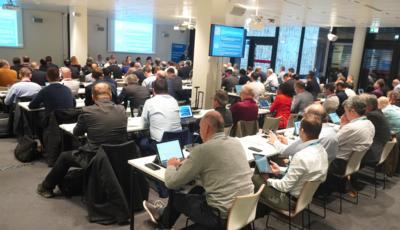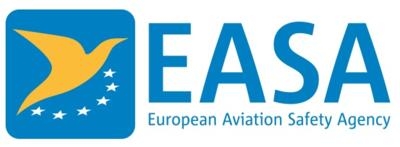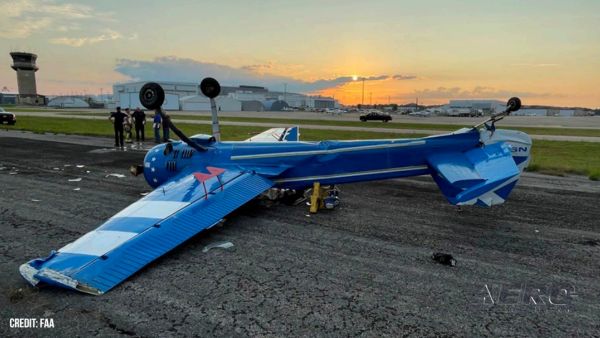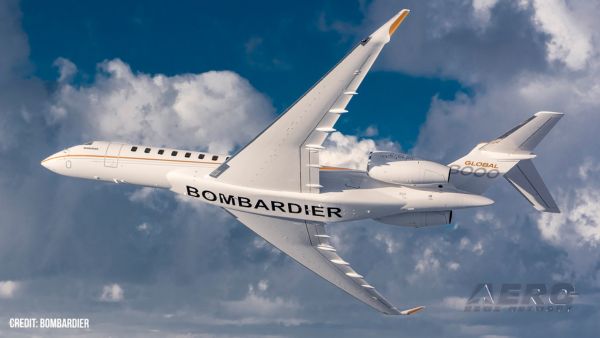First International Workshop On Certifying Hydrogen-Powered Aircraft
Just before the holidays, EASA hosted the first International Workshop on the challenges and future processes for certifying aircraft powered by hydrogen, with the aim of developing a certification approach that has the support of the entire community.

While they see Sustainable Aviation Fuels (SAF) as an immediate measure for reducing aviation emissions, in the longer-term other sources of fuel and technologies will be required for the sustainability of the sector. Innovative and disruptive technologies, such as hydrogen, present possible answers, but will also involve significant change to aircraft designs. A new certification approach is apparently needed to ensure that these aircraft will meet high safety standards.
The Workshop, attended by over 100 people, brought all corners of the hydrogen community together, including representatives of fuel cell companies, academia, research institutes, start-up aviation companies and well-established aircraft companies. It also included several international authorities, for example the FAA,the UK CAA, and the Japan Civil Aviation Bureau (JCAB).
“The move to sustainable aviation is a global project necessitating a harmonised approach,” said EASA Certification Director Rachel Daeschler. “We all need to work together to ensure that the hydrogen-powered aircraft of the future, and its ecosystem, is safe as well as sustainable. To achieve that, we must make sure that knowledge is shared so that we fully understand all aspects.”
Hydrogen-powered aircraft will have a very different design from today. A change in the certification approach will be required due to the complexity of the integration of hydrogen as a fuel, including the boundaries to be set and the interfaces among aircraft systems. Defining the right certification approach, and cooperation among authorities is therefore crucial.
While usage of hydrogen as a fuel is an important research topic in the academic world, and this is leading to a steady growth in knowledge, the aviation sector has no in-service experience with such aircraft as they are not yet developed. This poses safety challenges as there is limited knowledge of the key factors to make flying with hydrogen-powered aircraft safe. The workshop participants agreed that more attention needs therefore to be paid to the application of technologies in aviation and to the exploration of technology bricks, such as hydrogen storage, and to airworthiness considerations, like prevention of fire and explosions, and other similar aspects.

Industry presented some ongoing projects and topics currently being explored, e.g. weight distribution, fuel tank distribution, storage of liquid hydrogen and fuel cell stack and systems. These made it even more evident that the challenges ahead are numerous, and that working together and sharing results at a global level is therefore essential. The discussions that followed raised several main questions regarding certification boundaries, approvals for fuel cell equipment, weight restrictions (for small aircraft), and many more.
What was clear to all participants, according to EASA, is that the current levels of safety must be at least maintained.
The involvement of authorities at an early stage was agreed, but also the right time for that step was discussed, as it was considered that a certain maturation of the technology is needed to engage authorities in an effective manner. The role of the operators and when and how to best to engage them was also debated.
Many projects are already underway to support the transition to new technologies and foster working together. This includes EASA Innovation Services, as well as EU Research programmes and initiatives, such as Clean Aviation and Alliance for Zero-Emission Aviation (AZEA) as a means to work together and as a platform to share and disseminate knowledge.
 Aero-News: Quote of the Day (05.25.25)
Aero-News: Quote of the Day (05.25.25) Classic Aero-TV: Efficient Versatility -- NASA GL-10 Greased Lightning
Classic Aero-TV: Efficient Versatility -- NASA GL-10 Greased Lightning NTSB Prelim: Cessna 525
NTSB Prelim: Cessna 525 Klyde Morris (05.23.25)
Klyde Morris (05.23.25) Airborne-NextGen 05.20.25: Drone Regs, Zero-Emission Cargo, Door-Dash Drone
Airborne-NextGen 05.20.25: Drone Regs, Zero-Emission Cargo, Door-Dash Drone




